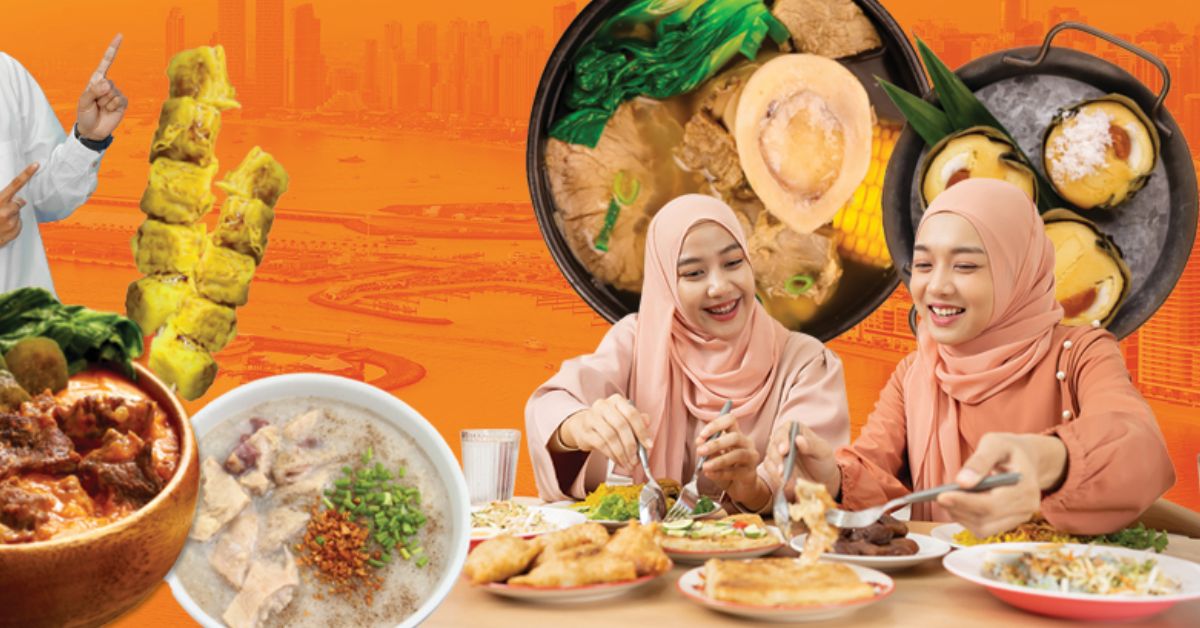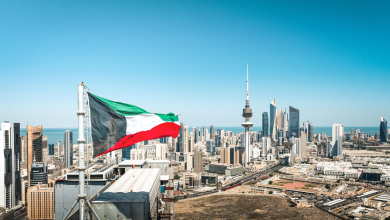As Ramadan begins, Filipinos in the UAE—whether observing the fast or simply embracing the spirit of the season—seek comforting meals that align with halal dietary principles. While Arabic and international cuisines dominate many Iftar tables, for Filipinos planning to serve Pinoy food, here are some Muslim-friendly dishes that you can offer.
This season, starting on March 1, 2025, is a sacred month of reflection, devotion, and communal gatherings. From dawn (Suhoor) to sunset (Iftar), Muslims practice self-discipline and gratitude, while non-Muslims are encouraged to be mindful and respectful of those who are fasting, especially in public spaces.
As the sun sets and the day’s fast comes to an end, nothing is more satisfying than sharing a hearty meal in the company of family and friends.
A taste of tradition
The concept of halal, meaning “permissible” in Arabic, is central to Islamic teachings. For Filipino Muslims and those who wish to partake in the Ramadan experience, adapting traditional Filipino recipes to halal standards is a respectful practice, allowing them to enjoy the flavors of home while honoring religious customs.

In his 11 years of working in the UAE, Khariim Mangaoang, a sales officer, has experienced the spirit of Ramadan firsthand and cherishes the sense of togetherness it brings.
“The most memorable part of Ramadan is celebrating with loved ones. As a family, we always make it a point to celebrate and eat together,” he shares. One tradition he admires is the communal Iftar at mosques, where people from all walks of life share a meal.
Iftar typically begins with dates and water, followed by a spread of savory and sweet dishes. If you’re invited to join the Iftar, accept it with a grateful heart! Hotels and restaurants also host Iftar buffets featuring various cuisines. Take this as a chance to bond with colleagues, explore new flavors, and immerse yourself in the spirit of Ramadan.

Aside from the shorter work hours, Krista Angela Celebre, a credit control assistant who recently moved to the UAE, is also most excited about the celebration after long hours of fasting.
“This is my first time to witness the whole Ramadan celebration… I imagine it to be like a celebration, where delicious foods were served and just having their time to enjoy the food again after the long period of fasting,” she shares, adding that she appreciates the accessibility of Filipino Muslim-friendly food, with seafood dishes like cajun shrimp and calamari among her favorites.
Filipino dishes, the Halal way
While traditional Filipino cuisine sometimes includes non-halal elements, many UAE restaurants are creatively adapting recipes to ensure authenticity while meeting halal standards.

Roberto Capulong, owner of Agemono Express, ensures that their dishes remain true to Filipino flavors while being fully halal-compliant.
“To be [Muslim-friendly], we replace [certain meats] with halal chicken, beef, or seafood, use certified Filipino seasonings… and ensure halal alternatives for processed meats,” he explains. “Dishes like Beef or Seafood Kare-Kare, Beef Goto, and Chicken Siomai are traditionally made with [favorite Filipino meat] but have been adapted to maintain their authentic Filipino flavors.”

Filipino dishes are also popular during Ramadan, said Daisy Calabia, owner of Bibingka and Paratha Cafeteria. In their restaurant, Muslims often break their fast with hot soup, such as arroz caldo, goto, or beef mami, paired with bibingka or siopao, while non-Muslims continue to enjoy palabok and biko.
According to Calabia, adapting Filipino cuisine to halal guidelines is easy, as many dishes—especially rice cakes—are already Muslim-friendly. She adds that halal compliance extends beyond ingredients to proper hygiene in preparation, cooking, and serving, a common practice among Filipinos.

Asiyah Vangie Monjardin, owner at The Desert Wok Restaurant, agrees with this, saying the availability of halal ingredients in the UAE helps preserve authentic Filipino flavors.
She also notes the influence of Mindanaoan cuisine among Filipino Muslims, such as the Randang (slow-cooked beef in coconut milk) and Piyanggang Manok (blackened coconut-grilled chicken).
“In Dubai, the popular Filipino dishes during Iftar are fried lumpia, tapsilog, pancit, and other light meals that can be easily eaten and digested for those fasting during the holy month of Ramadan,” Evangeline adds.
Other meal options
There are plenty of delicious halal options making their way to Iftar tables in the UAE.
For hearty viands, beef kaldereta and chicken adobo offer bold flavors, while chicken kare-kare and ginataang manok bring rich, nutty tastes. Laing and pinakbet also provide flavorful vegetable options, ensuring variety in halal Filipino meals.
No Iftar meal is complete without a touch of sweetness. For a warm and comforting dessert, ginataang bilo-bilo, a coconut-based dish with glutinous rice balls, sweet potatoes, and bananas, is a perfect choice, or you can opt for a light snack with puto and kutsinta, two types of steamed rice cakes.
More than just fasting
While fasting is a central aspect of Ramadan, the essence of the season goes beyond abstaining from food—it is a time for reflection, kindness, and generosity. Sharing meals is not just about nourishment but also about developing stronger bonds within the community.
The UAE’s inclusive culture makes Ramadan a unique experience for non-Muslims as well, encouraging everyone to show respect, embrace the spirit of togetherness, and partake in the traditions that bring people closer.
For OFWs, Muslim-friendly Filipino dishes allow them to celebrate both their faith and their heritage. Whether preparing meals at home or dining out, these flavors of home provide comfort, connection, and a meaningful way to observe the season.




